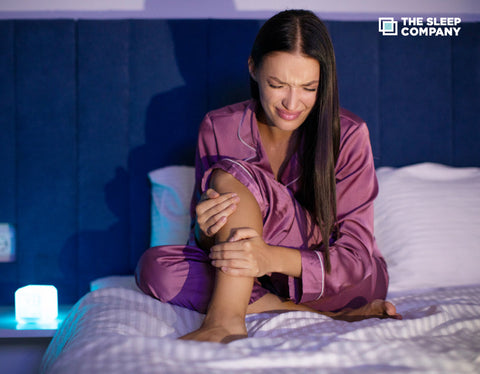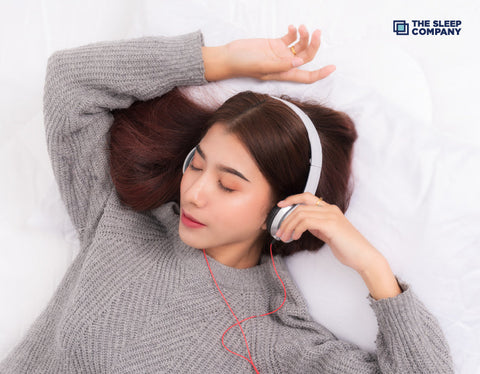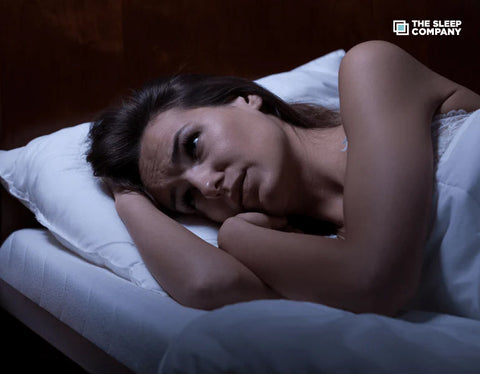My Cart
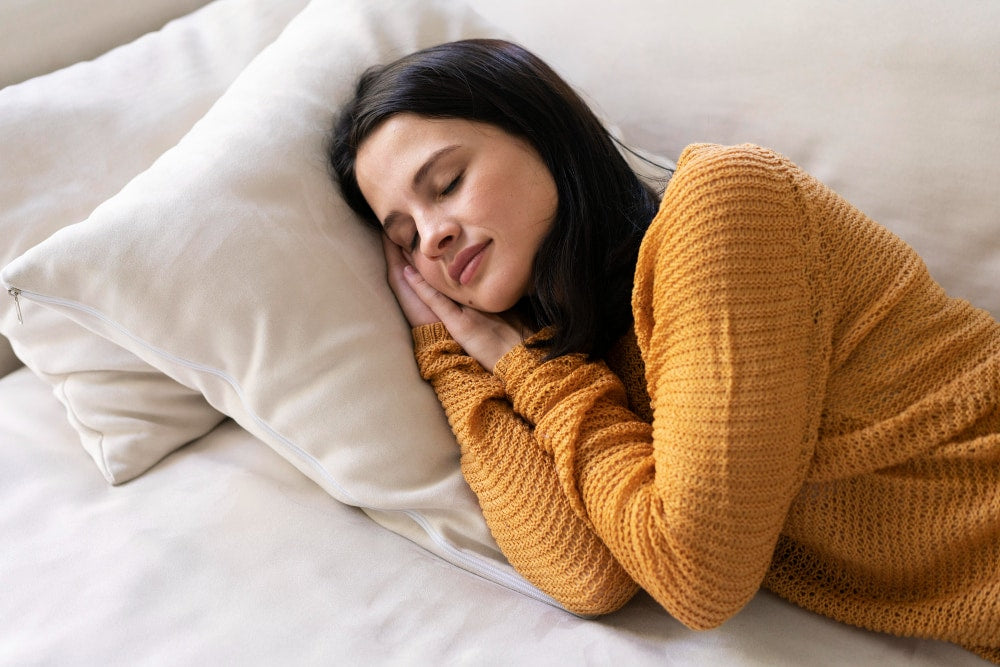
7 Tips for Better Sleep Quality Based on Science
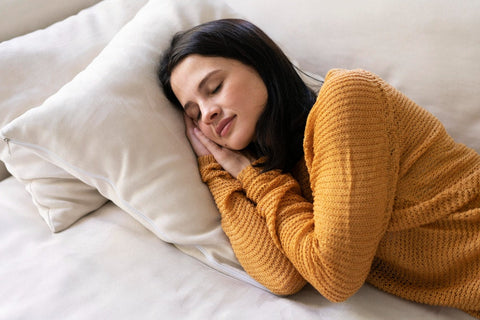
Being tired in the morning and reluctant to go to the office is indeed a sign of restless nights and inadequate sleep. Many people face these situations regularly and try to find a solution that can help them get rid of tiredness and fatigue due to sleepless nights and health issues followed after it.
When it comes to sleepless nights, people find an nth number of traditional to modern tips and ideas to improve sleep quality from their well-wishers. Most people find it difficult and scary to follow random and baseless directions that can have zero or adverse impact on sleep and overall health rather than improve sleep quality.
In today’s world, people believe more in science than anything else. If science supports any solution or idea, it reduces people’s fear and reluctance toward it. Further making them implement the tips in their life willingly.
So here are some scientifically approved and backed tips and solutions to improve sleep quality.
Create a sleep-wake schedule
What science says:
Our body follows a biological clock, aka circadian rhythm. Circadian rhythm is essential to regulate bodily functions. Irregular sleep and wake time can disrupt the functioning of the circadian rhythm. It further prevents us from sleeping at night’s desired time and adversely affects our overall health.
What you can do:
Creating a sleep and wake schedule and following it every day without a miss helps us synchronize these functions with circadian rhythm and sleep every night at the desired time.
Check your sleeping position
What science says:
During sleep, we remain in one position for hours, which can positively and negatively impact our body structure, spinal alignment, and muscular strength. While sleeping on our backs is very beneficial for us, it can have adverse effects if anyone is pregnant or has lumbar stenosis and back pain.
What you can do:
Determining body conditions, and health issues and finding the best sleeping position is the best option. After deciding on the correct sleeping position according to body condition, implementing it slowly and making a habit of sleeping in the same situation is helpful to maintaining health.
Also, buying a suitable mattress according to sleep position is inevitable to avoid additional issues due to old and unsuitable mattresses.
Watch your meal time

What science says:
Today’s lifestyle and working schedule delay dinnertime, almost around sleeping hours. However, according to studies, sleeping immediately after eating dinner can cause maximum disruption. It hampers the digestive system and increases the need to pee constantly at night. Also, it’s a fact that people who eat their dinner late tend to sleep more due to insufficient sleep.
What you can do:
Try to eat for at least two hours before hitting the mattress. Help your digestive system by doing small exercises like walking or sitting in Vajrasana ( Thunderbolt Pose or Diamond Pose) after eating food. Also, avoid heavy meals at night and before bedtime.
Maintain cool temperature at night
What science says:
Our sleep quality improves when our body temperature is lower rather than higher. During sleep, our core body temperature drops, and blood flow increases towards the hands and feet. Many factors cause your body temperature to rise and create heat issues like sweating and breathlessness, further inducing sleep disruption.
What you can do:
There are several ways to increase blood flow towards the hands, such as a warm bath or shower. Also, warming feet by soaking them in lukewarm water with rock salt can help reduce body temperature by increasing blood flow towards the body’s extremities. Adding oils and bathing salts in water also proves helpful.
Reduce Caffeine Intake
What science says:
Many people take caffeine to help them stay awake during the day and get their work done. Caffeine is an energy booster that induces adrenocorticotropin (ACTH) and cortisol secretion in humans. Caffeine’s influence on cortisol regulation may thereby disrupt circadian rhythms and interact with stress responses.
What you can do:
Avoiding caffeine consumption is the best option. However, reducing it to a minimum level can work wonders as well. Also, caffeine remains in the body for around 8 to 9 hours after consumption. Therefore, avoid drinking caffeine after the evening to reduce its effects on sleep.
Use correct mattress

What science says:
Mattresses are equally important to improve sleep quality. The firmness and softness of the mattress have both kinds of effects on body structure depending on various factors like sleeping positions, spinal or joint health, and the body’s miscellaneous requirements. Poor quality mattress creates discomfort and keeps a person tossing and turning all night, further reducing sleep quality.
What you can do:
A mattress that provides adequate support and comfort proves healthy in the long term and maintains spinal alignment, body curves, and enough pressure on joints.
The Sleep Company’s SmartGRID mattresses are good options that provide the best of both worlds: comfort and support.
Use White and pink noise
What science says:
White noises like whirring fans are helpful to block other background noises and help many people doze off easily. According to some research, rhythmic pink noises like rainfall, sea waves, and birds chirping also help slow down brain waves and allow sleep peacefully.
What you can do:
Create playlists of pink and white noises on music apps on mobile or laptop and play them on lower volume. Also, set a timer to turn it off if you don’t want it all night.
Bottom Line:
Using sleeping techniques backed by science is the best option to improve sleep quality. However, not every method is helpful for everyone as each person has different psychology, physical attributes, and health conditions that contribute positively or negatively to sleep quality. Therefore, the best solution is to try and test methods with expert advice.































